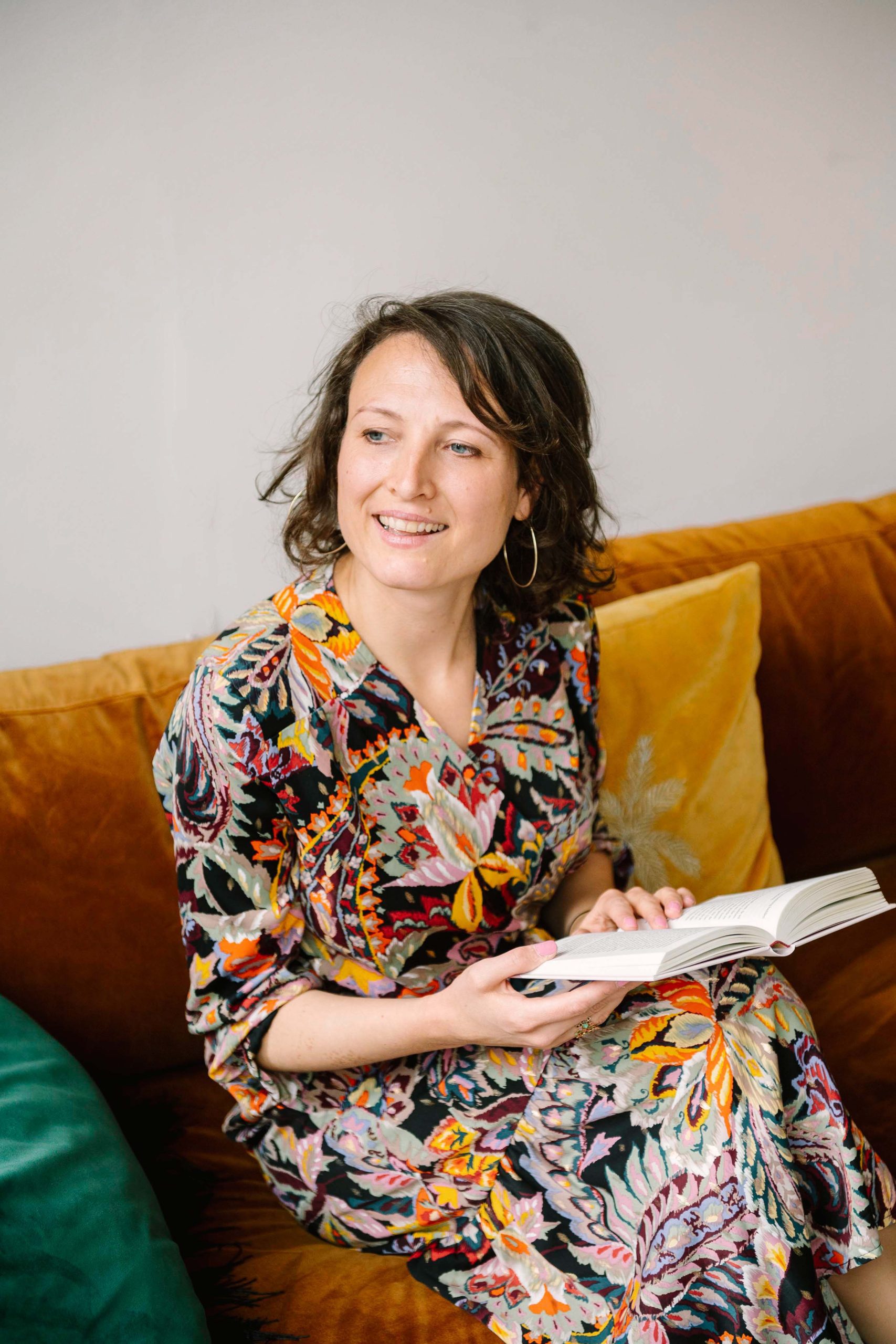As a PhD candidate, how can you best explain your research to a wide audience? Alexandra Sips shares tips and tricks in a new course.
“To keep the attention, 65% of your story should be pathos, emotion.” (Photo: Firmbee.com / Unsplash)
Reducing years of hard work to a catchy text of 750 words. To put it bluntly, that is the task that PhD students are being given in the new ‘sharing your research and work as simple as a TEDx Talk’ course at the Graduate School. But does this work for all research and all PhD candidates?
Teacher Alexandra Sips, who is also part of TEDx Delft, has just completed her first course. Urban planning, airplane maintenance, construction materials, tunnels and implants are five examples of subjects which her students, PhD candidates at various stages of their research, are working on and which they need to make clear to others.
Can you create an attractive story about everything?
“Yes, of course. People with technical backgrounds are good with words, but they don’t want to make their research seem easier than it is. The art is to explain it as simply as you can without it being so simple that the story is inaccurate. Some people will find this easier to do than others. Some believe that their research will seem cleverer if they include all sorts of graphics and details in their articles. But less is more.”
The 750 word limit is barely anything. Why that number?
“It is harder to tell a story in very few words. But if you manage it, it becomes the foundation on which you can build if you need to write longer articles or if you need to give a talk.”
‘You must be able to explain in an accessible way’
Does everyone manage it?
“Most people, yes. It’s really a question of how much time someone is prepared to put into it. The point is to explain your research in such a way that people without a technical background can understand it. You must be able to explain it in an accessible way, even if the subject is complicated. You have to figure out how far you can go in that.”
What do your students struggle with when they write?
“They don’t always see how important emotion is in a story. You don’t have to overdo the emotion, you could just touch on the journey you went through to do your research for example. Even Aristoteles said it: to keep the attention, 65% of your story should be pathos, emotion. Technical researchers are used to using 100% logos, rational argumentation. Aristoteles believed that a good story is only 25% logos. The remaining 10% is ethos. In the case of the researchers here, this is to emphasise the values of TU Delft and what they have achieved in the interest of society.”
Why is it important that researchers are able to tell their stories well?
“Visibility is hugely important these days. The more people you want to reach, the more clearly you need to tell your story. Research is becoming more multidisciplinary and you need to be able to clearly explain what you are doing to researchers in other fields. And if you apply for other research places, you need to be able to explain the societal relevance of your research.”
Have you convinced your students of this?
Laughing, Sips reads one of her students’ feedback. ‘This course has helped me understand my own research better’. “Many researchers are very modest and are so used to their own research that they don’t even see how amazing it is. You are sitting on gold if you can communicate it clearly and so much research is so valuable that it should be shared.”
 In October Alexandra Sips will teach the subject ‘sharing your research and work as simple as a TEDxTalk’ for the second time. (Photo: Annebel Eppinga)
In October Alexandra Sips will teach the subject ‘sharing your research and work as simple as a TEDxTalk’ for the second time. (Photo: Annebel Eppinga)- Think about your audience: what is important for them? What is the one idea that should stick in their minds after reading or hearing your story?
- What is your core message? To find your message, Sips suggests telling your story in one minute to someone outside your field of research. Then ask that person to summarise your story in one sentence. This will give you an idea of your core message.
- Add anecdotes, stories and examples to make your story more attractive.
- Let your passion shine through. People only listen if they see that you are enjoying your story.
- Show vulnerability: talk about what went wrong in your research, the obstacles that you faced. People don’t like perfection, they like stories in which problems ultimately get solved.
Do you have a question or comment about this article?
s.m.bonger@tudelft.nl


Comments are closed.